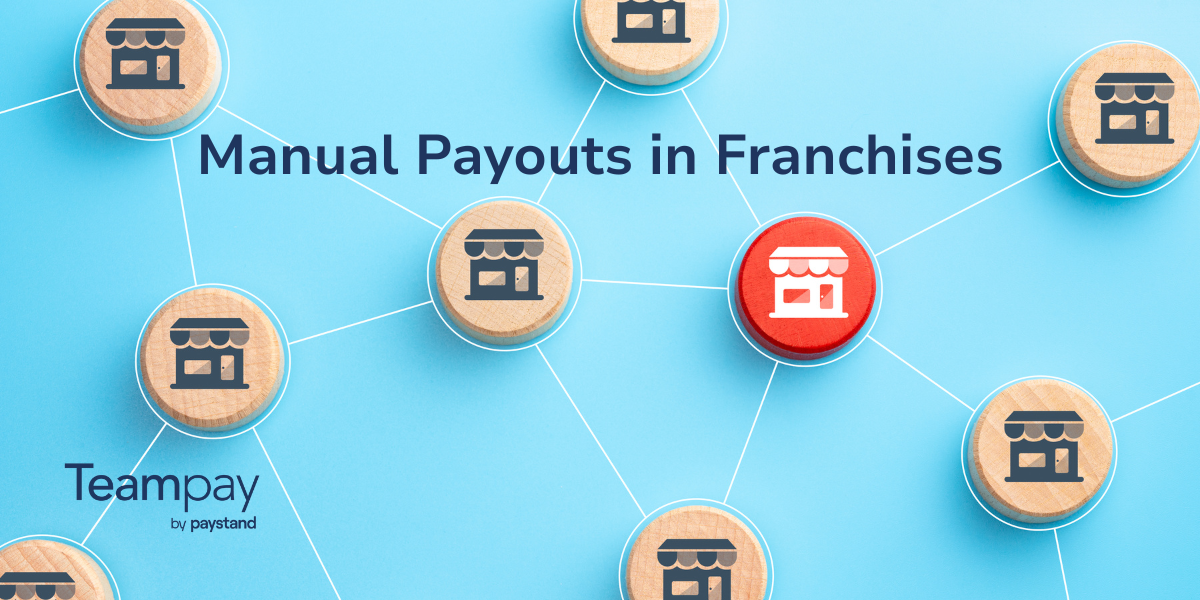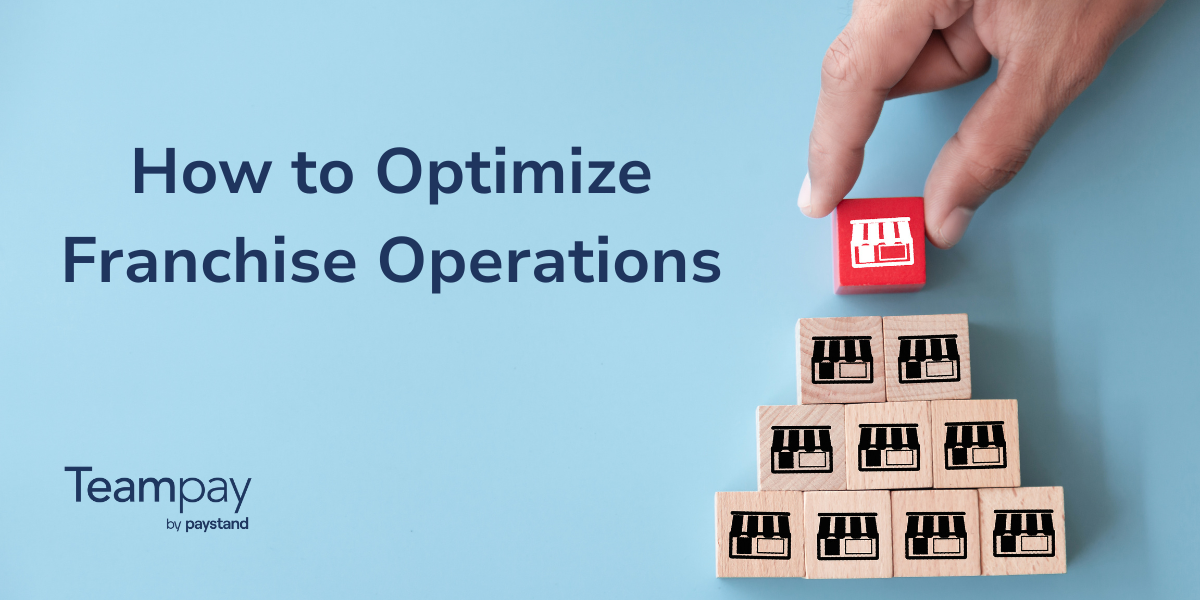Hiring an accountant is a challenging endeavor. A Dimensional Research study reported that 63% of respondents say it’s more difficult to hire and retain accounting staff now than it was 10 years ago. The jobless rate for accountants in Q2 2018 was around 2 percent, and fewer people are becoming accountants than in the past, as illustrated by the drop in qualified CPA candidates. This means extra competition to hire and retain skilled finance professionals.

Yet companies can’t just “get by” without an accountant. These days, accountants aren't only number crunchers. More and more companies rely on them as financial advisors who can take complex data and use it to produce reliable predictions and forecasts. That’s why it’s so important to find the right person for the job.
The accountant's role
When hiring an accountant, consider first 1) what they will be doing on a day-to-day basis, and 2) what kind of person you want to have running your company's financial functions. Once you've figured those out, you'll have an excellent idea of what to look for in a candidate, which makes the whole hiring process much easier. Here are some ideas to get you started.
Day-to-day tasks
Accountants tackle a number of tasks to keep your company on track financially. An accountant might do any or all of the following:Basic accounting
- Manage the business’s books, including AP, AR, and other general ledger departments.
- Examine internal financial statements, both to ensure accuracy and to uncover potential areas of improvement.
- Perform internal audits of financial documents and systems to confirm accuracy and compliance.
- Prepare business tax returns, including payroll taxes, sales taxes, and state and federal income taxes.
- Collect data from other departments as needed and produce financial reports for those departments to assist their functions.
- Prepare financial statements for stockholders, banks, government entities, and so on as needed.
Financial leadership/comptroller
- Create projections, forecasts, and other forward-looking information to advise management.
- Proactively find ways to increase revenues, improve profit margins, and reduce expenses.
- Advise management on the financial aspects of proposed business strategies.
- Manage finance department employees.
- Develop and maintain purchasing policies from small-scale (i.e., reimbursement and expense policies) to large-scale (i.e., capital expenditures such as buildings and equipment).
- Review and sign off on financial statements created by finance team members.
Given the huge number of tasks involved in managing a company’s finances, it’s not surprising that large companies employ entire teams of accountants to get the job done. Thus, management accountants (also known as private accountants) tend to specialize either in a particular aspect of accounting or in a particular industry, especially as they advance in their careers.
Skills, experience, and personality traits
While specific skill requirements will vary from specialization to specialization, certain traits are essential for private accounting:
- A bachelor's or master’s degree in accounting (CPA certification is not necessary for private accountants, but it can be a definite plus).
- Experience at least with basic accounting transactions such as payroll, AP, and AR. Accountants hired at higher levels of responsibility will need significantly more experience.
- Strong computer skills, preferably including familiarity with common accounting platforms.
- An ongoing drive for self-improvement. Standards and best practices are constantly changing, so accountants must dedicate themselves to continuing education whether or not they’re CPAs.
- Familiarity with business processes and (particularly for specialists) industry standards.
- Strong analytical skills and the ability to perform highly detail-oriented tasks.
- Dependable, organized, and able to function under tight time constraints.
- Excellent communication skills (to enable them to manage finance employees, coordinate with other departments, and make presentations to upper management).
- Exceptional ethics and a high degree of integrity. After all, you’ll be trusting this person with your company’s money.
You’ll likely have additional requirements based on your company’s needs and your own preferences. For example, if you need an accountant who’s a strong leader to take the helm of a troubled finance team, you’ll definitely want a person with superior management skills and experience.
Outsourcing vs. employing
Not every company needs to hire a full-time accountant. Many companies start out by outsourcing the accountant role, and up to a certain size, this approach can be the most cost-effective option.Brand-new companies often have owners who do everything, including accounting. Unless the owner has an accounting background or at least some bookkeeping experience, this can easily end in disaster. For example, a business owner may fail to save enough earnings to cover state and federal taxes, resulting in an unaffordable bill come April.The smallest companies may be able to get by with an outsourced bookkeeping provider, such as Pilot, rather than an actual accountant.
Companies that need more than just basic bookkeeping services may choose either a local CPA firm or the services of an outsourced accounting provider. Choosing a local CPA means you’ll get an accountant in person, and one who will likely consider your company to be a significant customer. However, you may not be able to find a local CPA with the specializations you’d prefer. Outsourced accounting firms often have quite a wide range of services available, but you’re likely to get less personal attention from one of these providers. A basic Google search can tell you how much the salary and benefits will cost you to hire decent accountant in your area. Compare that to how much an outsourced provider or CPA firm will charge you, and choose the more cost-effective option.
For example, the Bureau of Labor Statistics reports that the median annual wage for accountants in 2017 was $69,350. If your company is located in an area with a fairly average cost of living and you're looking for a mid-career accountant, that number may be helpful, but a glance at accounting job descriptions for nearby companies can give you a more realistic set of guidelines. Let's say you've looked at several local job postings for comparable positions that are all offering around $70,000 to $75,000 a year in salary and benefits. In that case, shop around with local CPA firms and outsourced accounting firms to see how much they'll charge. If it's more than $70,000 a year, you'd be wise to start planning your hiring process.
Negotiating the hiring process
A good hiring process is important for all employees, but it’s particularly important for more challenging roles—and accountants definitely fall into that category. The better your hiring process is, the more likely you are to find the right person for the job and keep that person for the long haul. The cost to replace an employee is roughly double their annual salary, which is an excellent reason in-and-of itself to make sure you find the right accountant the first time around.
Writing the job description
A clear, well-written job description will attract a higher class of candidates. Start with a simple job title (i.e., use “Accountant” rather than “Financial Wizard”) to help ensure that your job description shows up on searches. Include a brief summary of the role, then list the accountant’s typical daily tasks. If there are any non-daily but periodic tasks, such as coordinating the monthly close, list those as well. You'll find sample job descriptions at sites like ZipRecruiter and TopResume. Just swap in your own details; the task and skill lists a few sections back are a good starting place.Finally, close out with the reasons why candidates will want to apply for the job, such as benefits, things to love about your company, and any other perks you can throw in. Don’t forget to spell out exactly how you want candidates to apply, whether it’s through a particular job site, an application process on your company website, or emailing a resume and cover letter directly.
Screening candidates
Once you’ve posted your job description online or otherwise advertised the opening, you’ll likely start seeing the resumes roll in. If you’ve hired an HR firm to manage your hiring process, they’ll likely tell you what they need to know in order to correctly screen these resumes. If you’re screening them internally, make sure your HR person understands exactly what you’re looking for in an accountant, including keywords that will indicate if a candidate possesses the skills and experience the job requires.Bear in mind that your HR person probably knows little about accounting, so take the time to go over your task and skill requirements to make sure she knows exactly what to look for.
Interviewing
A candidate’s resume and cover letter will tell you if they possess the bare-bones minimum requirements for the job, but the interview will give you a sense of what kind of person they are. In addition to the basic interview questions, you’ll likely want to throw in a few that will test the candidate’s technical chops. Consider including the following questions:
- How do you decide whether to expense or capitalize a purchase?
- What are the common budgeting methods and how do you choose one.
- How does revenue recognition work?
- Walk me through this financial statement (showing the candidate a sample balance sheet, income statement, or cash flow statement — or all three if you want to be exceptionally thorough).
- What is working capital? Is it possible to have negative working capital, and if so, what does it mean?
- How would you report an inventory write-down on the basic financial statements?

A sample balance sheet for interviews [source]
Background checks
Because accountants have such a sensitive role in the company, background checks are crucial. You can use the CPAverify tool to confirm licensing and check for disciplinary action against CPA candidates, but this won’t help with non-CPA candidates and doesn’t replace a full background check. Firms like HireRight can run a full background check on your candidates and help you eliminate any bad apples.
Making an offer
Once you’ve identified a candidate with the skills, background, and personality you desire, it’s time to make an offer. A strong offer letter can significantly improve your chances of getting the candidate to accept your offer. It’s also wise to make your offer as promptly as you can to reduce the risk of your chosen candidate accepting an offer elsewhere.
Finding the right employee requires the right hiring process
Finding the right accountant to hire can be a challenge. Putting in the extra effort to attract the best candidates, vet them thoroughly, and offer them a great package is well worth the reward: a superb financial advisor who'll be at your side for years to come.[/et_pb_text][/et_pb_column][/et_pb_row][/et_pb_section]












